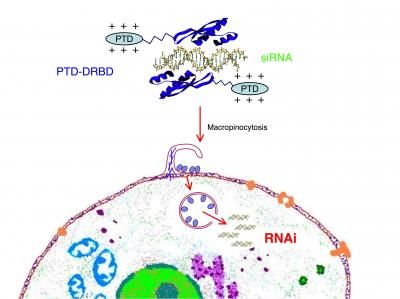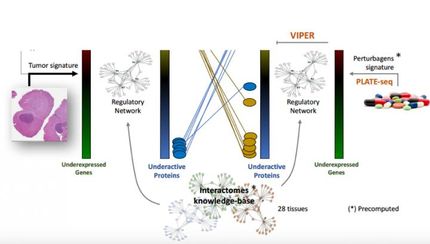Selenium shows no benefit in prevention of lung cancer
Advertisement
selenium, a supplement taken daily by millions in hopes of protection against cancer and a host of other diseases, has proven to be of no benefit in reducing a patient's risk of developing lung cancer - either a recurrence or second primary malignancy, according to results of an international Phase III clinical trial.
Results from the decade-long study, initiated by the Eastern Cooperative Oncology Group, were presented at the American Society of Clinical Oncology 2010 Annual Meeting by Daniel D. Karp, M.D., professor in the Department of Thoracic/Head and Neck Medical Oncology at The University of Texas MD Anderson Cancer Center.
"Several epidemiological and animal studies have long-suggested a link between deficiency of selenium and cancer development," said Karp, the study's principal investigator. "Interest and research escalated in the late 1990's after a skin cancer and selenium study, published in 1996, found no benefit against the skin cancer, but did suggest an approximate 30 percent reduction of prostate and lung cancers. Our lung cancer research and another major study for the prevention of prostate cancer evolved from that finding."
These large, follow-up clinical studies investigating the naturally occurring mineral, however, have since proven disappointing. In 2009, the National Cancer Institute (NCI) halted SELECT, an international study of more than 35,000 men investigating if either selenium or Vitamin E, alone or in combination, could reduce the risk of prostate cancer. Both supplements failed to show benefit.
From 2000 to 2009, the international NCI-sponsored Phase III study, enrolled 1,522 Stage I non-small cell lung cancer patients, all of whom had their tumors surgically removed and were cancer-free for at least six months post-surgery. Participants were randomized to receive either 200 micrograms of selenium or placebo. The study's primary endpoints were reduction of development of a new cancer, or second primary, and/or recurrence of their initial cancer.
The study was halted early after an interim analysis revealed that the progression-free survival was superior in the placebo arm: 78 percent taking the placebo were alive without recurrence after five years, compared to 72 percent on selenium. A total of 216 secondary primary tumors developed, of which 84 (38.9 percent) were lung cancers. Of those taking selenium, 1.9 percent developed a second primary tumor after the first year, compared to 1.4 percent taking placebo. In total, 3.66 percent of participants in the selenium arm developed a secondary primary tumor of any type after one year, compared to 4.1 percent in the placebo group.
Side effects were minimal and no different in both groups: of those taking placebo, 38 percent had grade 1 or 2 toxicity, and 3 percent had grade 3, compared to 39 percent and 1 percent, respectively in those taking the supplement. The study was stopped by the independent Data and Safety Monitoring Committee due to futility.
The researchers did find that in a small group of the lung cancer patients who were never smoked, selenium did provide a small benefit; however, the size of the group of patients, 94, was too small to be statistically significant.
























































